The Fair Health Data Challenge
With the challenge, we are seeking practical examples of digital health and well-being services where data is used transparently. The registration period ended and the results were published on 9 June 2021.
What is it about?
We want to build a fairer data economy together with our partners. One of the most important areas in the development work is health and well-being.
With the challenge, we are seeking practical examples of digital health and well-being services where data is used transparently and with consent of individuals.
Digital health and well-being services should be more human-centric and fair to all parties: individuals, businesses and society as a whole.
So, what is digital fairness in health services? What is the role of trust in data-based health applications? What should change and who should act?
We want to answer these questions while making it easier for fair digital health services to emerge by demonstrating good practices.
The challenge is being organised as part of our IHAN project, laying the foundation for a fair data economy in which successful future digital services are based on trust and generate value for everyone.
Our Towards trustworthy health data ecosystems working paper published in autumn 2020 sets out guidelines on how data can be used to promote health and well-being as well as what this requires from decision-makers and the entire health sector.
What is the challenge?
With The Fair Health Data Challenge, we are looking for examples from all over Europe to show the way to adopting shared rules for a fair data economy. The aim is to identify existing or soon-to-be-published health and well-being solutions that are based on data sharing and fair principles. Human-centricity is seen as an advantage in the solution.
Does your organisation have a solution or service that could show the way and be an example to others?
The prize is the benefit of the expertise of an international jury with which the 10 most promising solutions will be developed to become even better. There will also be international visibility on offer, with the three best example solutions being presented at the HIMMS Europe 2021 event. The three best solutions will be awarded tickets to HIMSS Europe 2021 (two tickets per organisation).
Assessment and publication of results
The assessment will be based on the assessment tool developed in Sitra’s fair data economy project. The areas to be assessed are: management of one’s own personal data; user friendliness and data accessibility; a model of data sharing; fairness, security and confidentiality; the impact of the solution; innovation and trust.
Sitra’s experts will select the 10 most promising solutions from the entries. An international expert panel will assess each of the selected applications and choose the top three.
Panel members:
Emmanuel Bacry, Chief Scientific Officer, Health Data Hub
Artur Olesch, Journalist, aboutdigitalhealth.com
Cátia Pinto, MD, Public Health Specialist, SPMS – Shared Services for Ministry of Health
Thomas Plochg, Dr., Director, Federation for Health
Stephan Schug, Chief Digital Health Strategist, IQmed Healthcare Consultants
Jaana Sinipuro, Project Director, Sitra
Ilkka Räsänen, Leading Specialist, Sitra – Secretary of the panel
The finalists’ solutions will be featured in the news coverage on Sitra’s website. Furthermore, we reserve the right to publish a short description of the solutions of all entries and their contact details on the Sitra website.
Schedule
The best examples will be presented at the HIMSS Europe 2021 event on 9 June 2021.
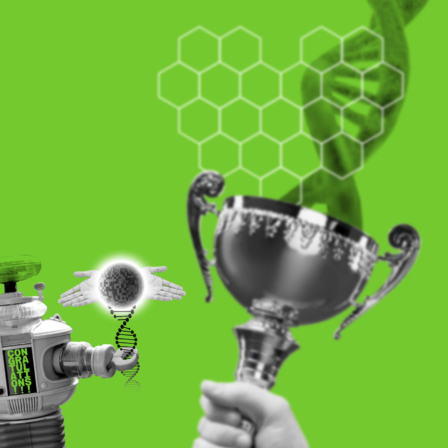
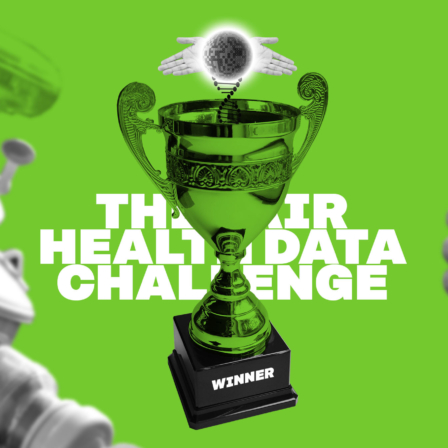
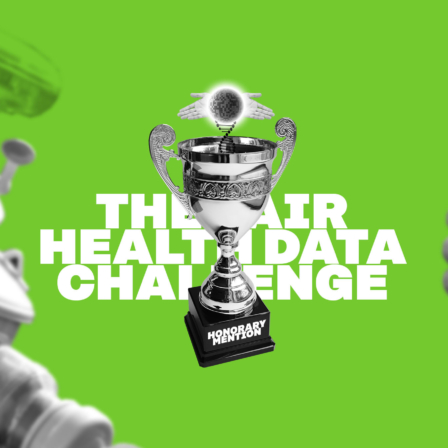
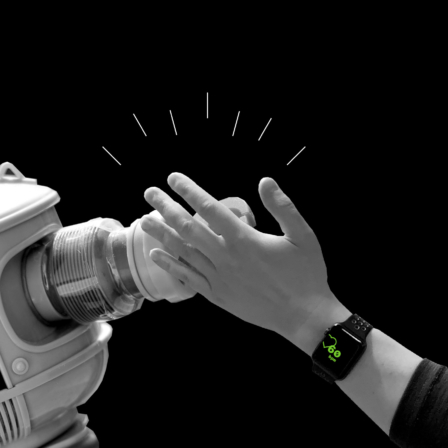



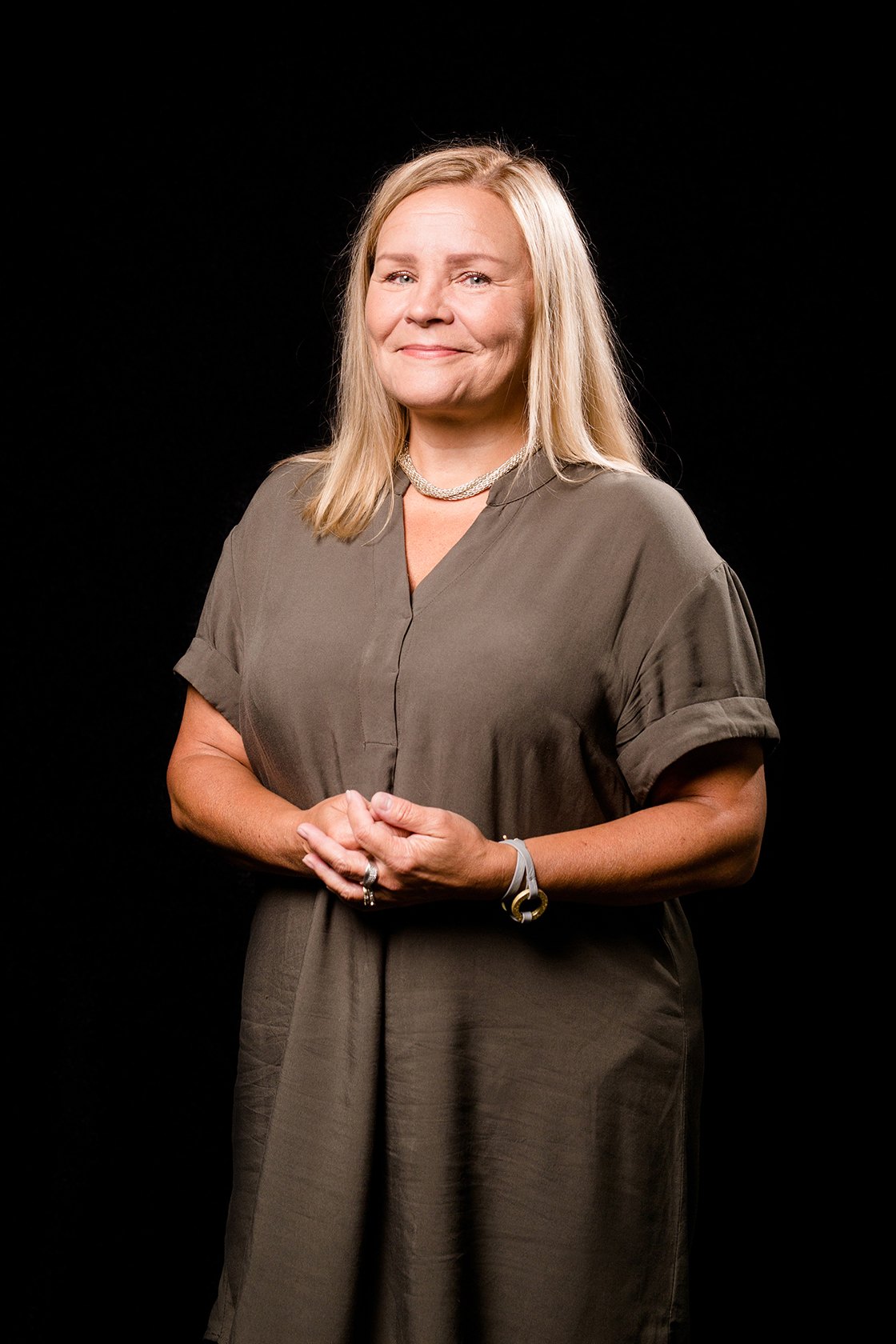

Latest